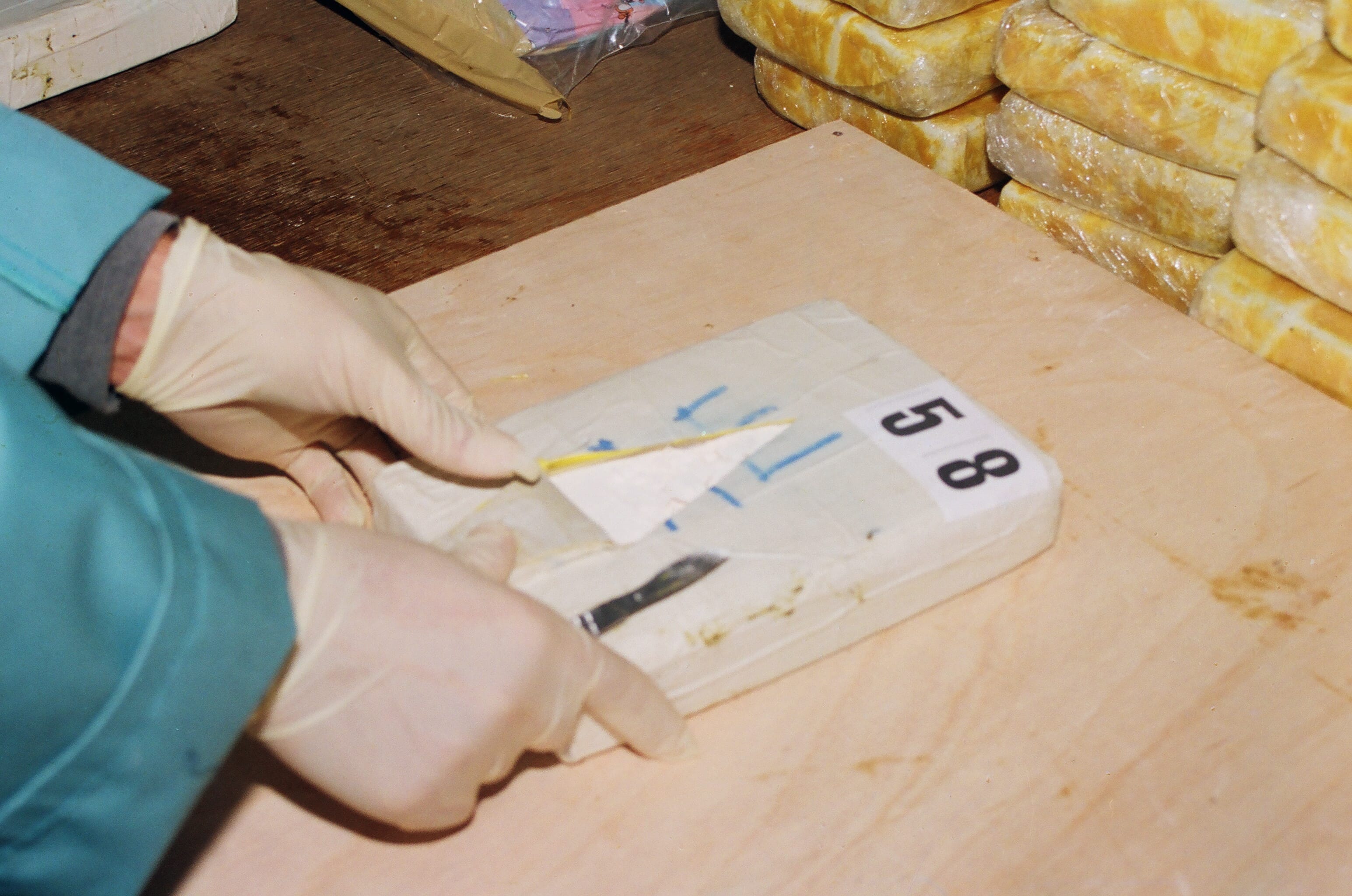As part of a three-month-long investigation of drug sales and use in Bosnia and Herzegovina (BiH), journalists from the Center for the Investigative Reporting in Sarajevo (CIN) looked at some things that might be done to bring about changes.
CIN’s series ‘Hard Drug State’ concluded that the country’s drug problems are not surprising, considering its location along major drug routes behind undefended borders. Pile on a lagging legal system, ill-equipped police, rampant drug dealing in prisons and inadequate treatment for addiction and the dimensions of the trouble are clear.
Here’s what might be done to fight narcotics abuse. Some of these items require money, some just determination and leadership:
- Law enforcement agencies policing BiH borders need an overhaul. They need more personnel, more drug-seeking dogs and more vehicles for additional patrols along borders that now are porous. They also need more equipment, including scanners and mini cameras. Smuggling is easy when shipments of goods currently come into the country after nothing more than a routine document check. Scanners at crossing points could locate trucks possibly carrying drugs, and with cameras police could better search their cramped interiors.
- Police units throughout BiH need more inspectors. In some cantons lone inspectors are trying to stop drug abuse. They work without equipment or budgets for surveillance and paid informants, all standard methods of combating organized groups that deal in drugs.
- Courts and lawmakers must allow police the ability to eavesdrop and trail drug deals. Streamlined procedures to obtain search warrant in cases of suspected drug dealing are also needed.
- Judges need to harshly punish crimes such as possessing, selling and producing narcotics. The law allows sentences of one to 10 years, but CIN found that the average sentence is 27 months in prison. Such leniency does not keep major drug players off the street for long and is such a low risk that criminals may be encouraged.
- Prison officials must begin dealing with the scourge of drugs in their facilities. Too commonly inmates who come in clean are leaving prisons addicted to drugs. A start would be to screen visitors and prisoners returning from leaves. Drug-sniffing dogs, detection scanners and training for guards would help with this.
- BiH urgently needs a standardized and transparent procedure for storing and disposing of drugs that law enforcement agents seize. It is currently unknown how much drugs are stashed in police stations, courts, and prosecutor’s offices around the country. Equally unknown is what percentage of this contraband ends up back for sale. The BiH Council of Ministers must come up with a rulebook on drug disposal and ensure that it is enforced.
- Drug education and prevention programs are needed even in elementary schools. In cases of poor and broken families, teachers and professors must become more willing to identify and get help for students they see using drugs.
- State agencies need to step up, perhaps in partnership with non-governmental organizations, and do more to treat and work with addicts. This includes counting how many there are to begin with, opening more community health centers and issuing clean syringes to addicts who refuse treatment.
- New laws that allow for the seizure of property and goods bought with drug money and that shut down opportunities for money laundering will hurt drug dealers.







